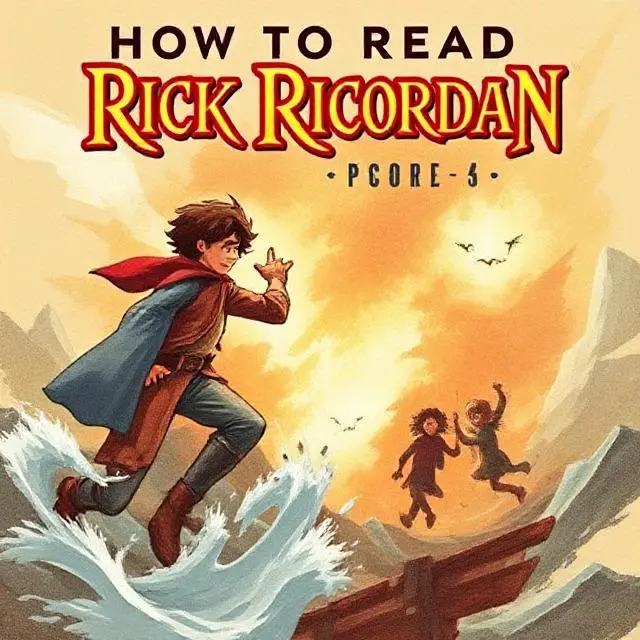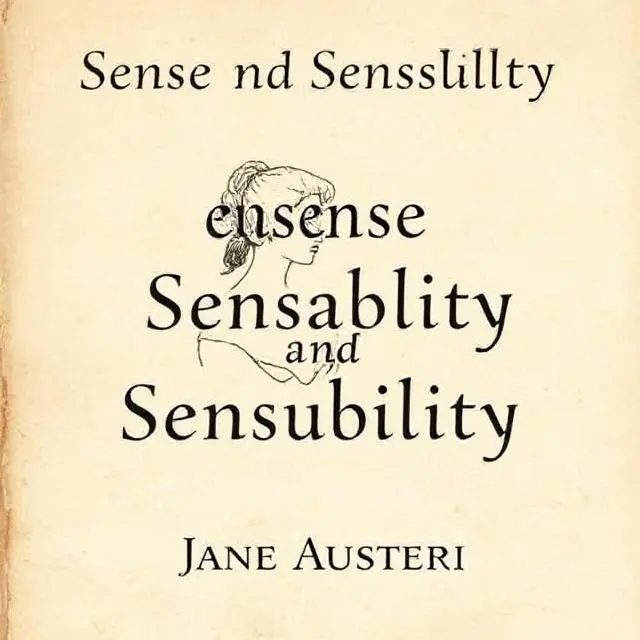Characters in the Book 1984 by George Orwell’s
George Orwell’s 1984 presents a chilling dystopian future where a totalitarian regime controls every aspect of life. The novel is as much about the political ideologies it critiques as it is about the complex characters that inhabit its world. In this blog post, we will explore the key characters in 1984, examining their roles, motivations, and how they reflect the themes of the novel.
1. Winston Smith: The Protagonist
Winston Smith is the central character in 1984, an ordinary member of the Outer Party working at the Ministry of Truth. He is a man disillusioned with the Party and seeks to challenge the oppressive regime. His complex journey towards rebellion and eventual defeat is pivotal in understanding the nature of totalitarianism.
- Winston’s Rebellion
Initially, Winston is apathetic to the Party’s control. However, he begins to harbor subversive thoughts and seeks ways to rebel. His secret relationship with Julia, his love for the concept of truth, and his desire for individual freedom all lead him to defy the Party. Through Winston, Orwell explores the struggle for personal autonomy in a repressive society. - Winston’s Downfall
Despite his attempts to rebel, Winston ultimately succumbs to the Party’s power. His capture and reeducation by O’Brien serve as a chilling portrayal of the Party’s ability to break the human spirit and eliminate dissent.
2. Julia: Winston’s Love Interest
Julia is Winston’s romantic and sexual partner in the novel, representing rebellion in a more personal, hedonistic form than Winston’s intellectual defiance.
- Julia’s Rebellion
While Winston’s rebellion is rooted in his philosophical desire for truth and freedom, Julia’s is more practical. She seeks to defy the Party in ways that allow her to live a satisfying, though secretive, life. Her relationship with Winston is a defiance of the Party’s rigid control over sexual relationships and personal emotions. - Julia’s Pragmatism
Unlike Winston, Julia does not share his passion for overthrowing the Party. Her rebellion is more about personal pleasure and autonomy than any grand ideological resistance. She represents the more human side of resistance, where survival often supersedes grand political aspirations.
3. O’Brien: The Antihero
O’Brien is a high-ranking member of the Inner Party who initially appears to be an ally to Winston and Julia, but his true loyalties lie with the Party.
- O’Brien’s Deception
O’Brien’s manipulation of Winston is one of the most significant moments in the novel. He convinces Winston that he is part of an underground resistance movement, only to betray him later. O’Brien’s ability to deceive Winston reflects the extent of the Party’s control over truth and reality. - The Role of O’Brien in the Regime
O’Brien symbolizes the intellectual arm of the Party. He is the one who reshapes Winston’s understanding of reality, breaking his resistance during the torture and reeducation in the Ministry of Love. His character shows the Party’s power to control not only the body but also the mind.
4. Big Brother: The Omnipresent Leader
Big Brother, though not a character in the traditional sense, is a pervasive figure in 1984. He is the face of the Party, though it’s unclear whether he is a real person or simply a propaganda tool.
- The Symbolism of Big Brother
Big Brother’s image represents omnipotence, surveillance, and the constant presence of the Party. His face is everywhere, and his slogans (“Big Brother is watching you”) instill fear and control. Even though Big Brother may not exist, his symbolism keeps citizens in a state of constant anxiety, reminding them that they are always being watched. - The Party’s Use of Big Brother
Big Brother’s image is the cornerstone of the Party’s control. He serves as a tool to manipulate the masses, providing a figure to worship and fear simultaneously. His presence helps to legitimize the Party’s actions and suppress rebellion.
5. The Proles: The Forgotten Majority
The Proles, short for proletarians, make up the majority of the population in 1984, but they are largely ignored by the Party. Their role in the story is vital, as they represent a kind of untapped potential for rebellion.
- The Party’s Control Over the Proles
The Party ignores the Proles because they believe they are too ignorant and disorganized to pose a threat. However, Winston recognizes that they hold the potential for revolution because they have not been subjected to the same level of indoctrination as the Party members. Orwell uses the Proles to suggest that true rebellion may come from the masses, not the elite. - The Role of the Proles in the Novel
While the Proles are not directly involved in the plot’s main events, their existence represents a stark contrast to the Party’s regime. They live in relative freedom, engaging in activities like drinking and playing games. However, their lack of political awareness makes them ineffective as a revolutionary force.
6. Mr. Charrington: The False Ally
Mr. Charrington is a shopkeeper who appears to be an ally to Winston, offering him a place to meet with Julia. However, his true loyalty lies with the Party.
- Mr. Charrington’s Betrayal
Mr. Charrington’s betrayal is one of the most devastating moments in the novel. His shop, where Winston and Julia meet in secret, is revealed to be a surveillance front. His true identity as a member of the Thought Police is a harsh reminder of the Party’s all-encompassing control over citizens, even in private spaces.
7. Emmanuel Goldstein: The Face of the Enemy
Emmanuel Goldstein is a former Party member who is portrayed as the primary enemy of the state. He is the figurehead of the Brotherhood, the supposed underground resistance group.
- Goldstein’s Role in the Party’s Propaganda
Goldstein is used as a tool for the Party’s propaganda machine. He is blamed for all the society’s problems, and his image is regularly used in the “Two Minutes Hate” to rally the citizens’ emotions. Goldstein’s image as the ultimate traitor helps to solidify the Party’s control by creating a common enemy. - Goldstein’s Actual Role
While the existence of the Brotherhood and Goldstein himself is dubious, his role in the Party’s propaganda reveals the Party’s ability to manipulate truth. Goldstein may not be real, but his representation serves as a useful distraction and a way to unite the citizens under the Party’s banner.
Conclusion
The characters in 1984 serve as powerful representations of the themes Orwell explores: control, truth, and the loss of individual autonomy in a totalitarian regime. Through Winston, Julia, O’Brien, and others, Orwell crafts a world where each character plays a role in illustrating the oppressive nature of the Party and the consequences of living under constant surveillance and manipulation. The complexity of these characters, from Winston’s philosophical defiance to Big Brother’s omnipresent control, ensures that 1984 remains a timeless exploration of power and resistance.







